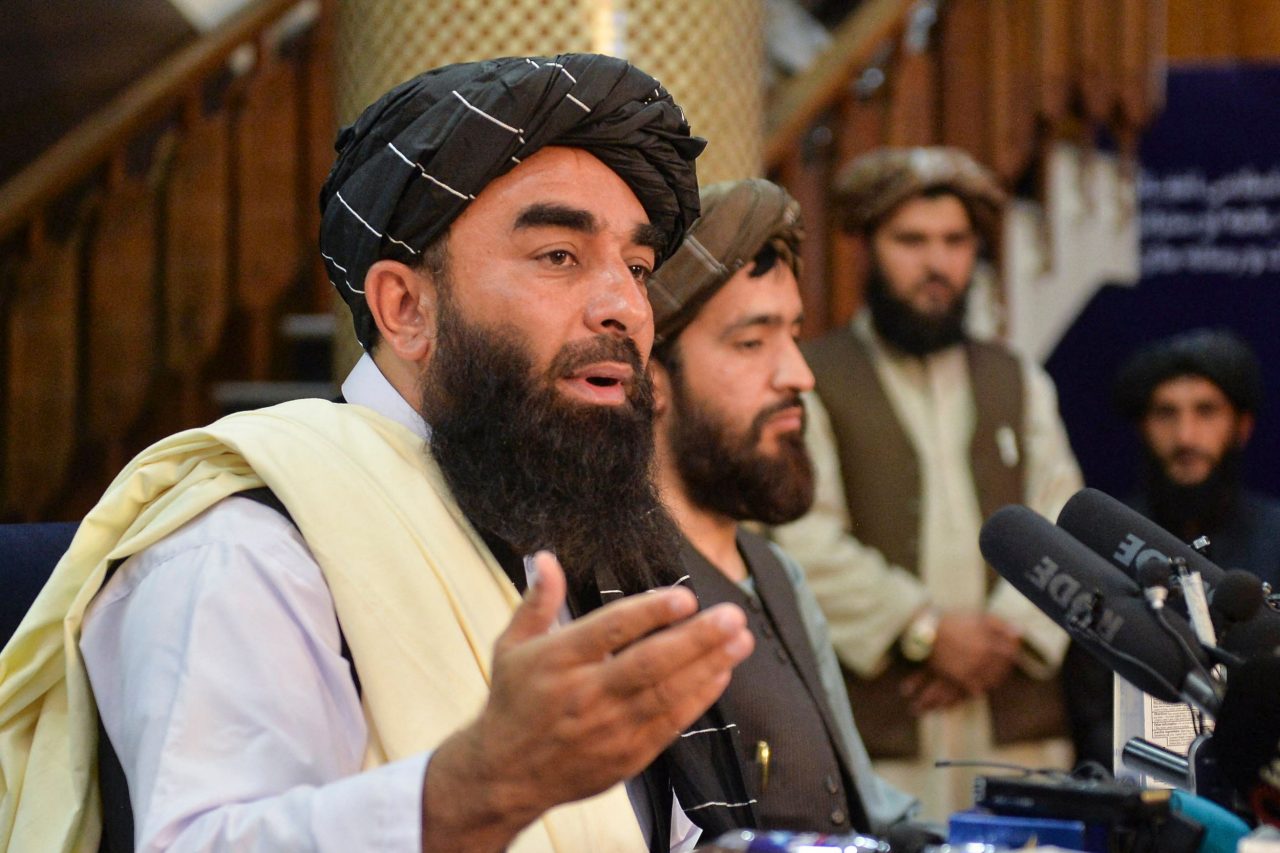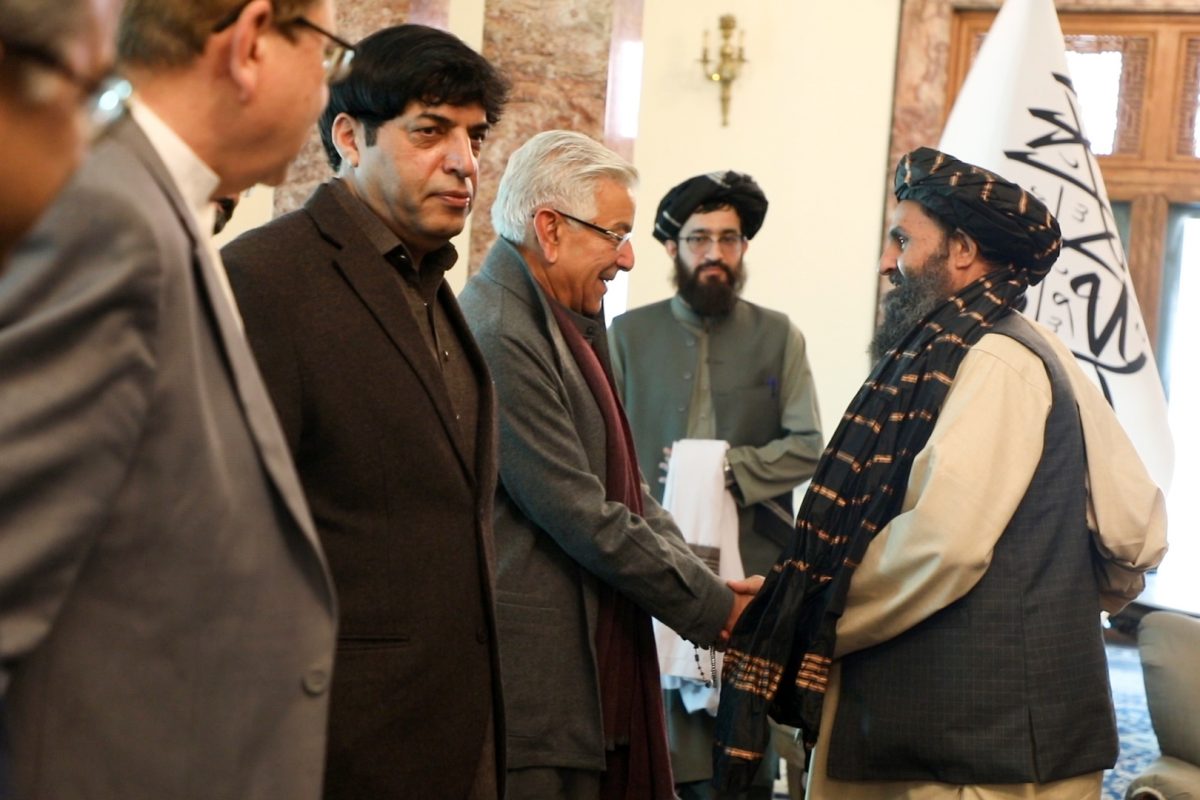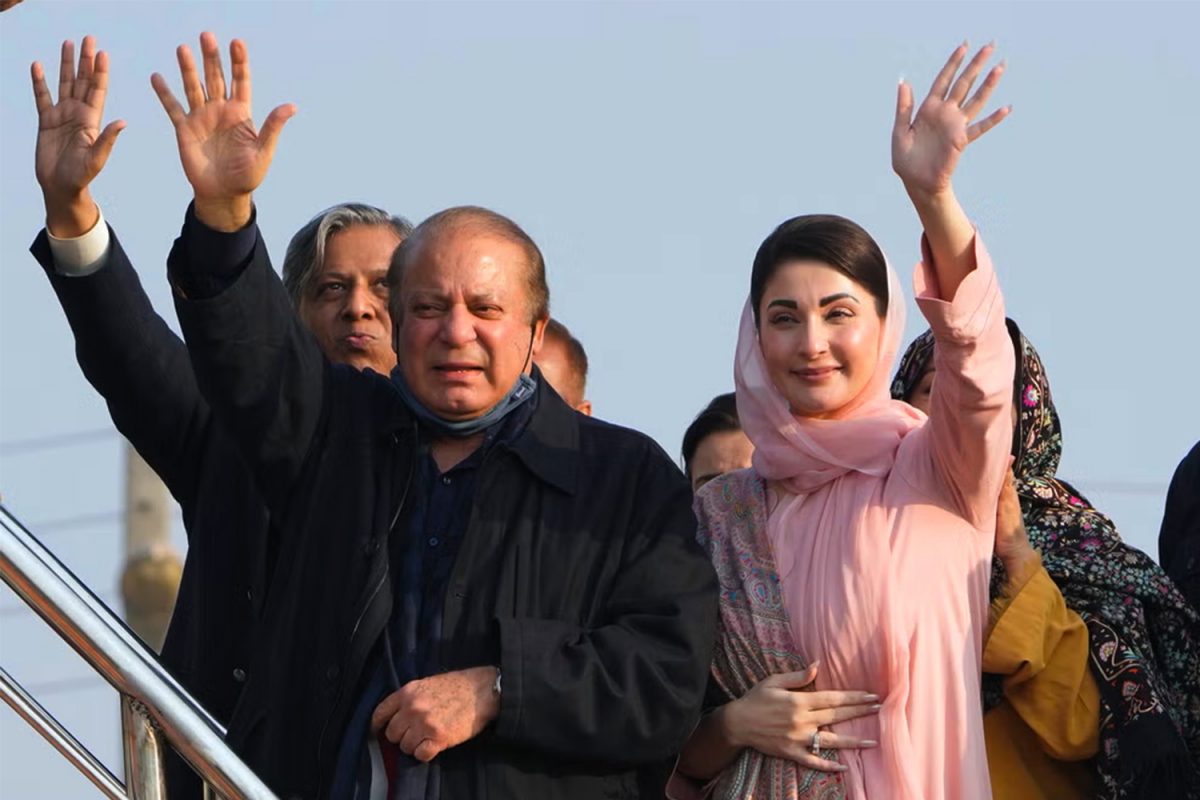It took the Taliban four US presidents and nearly 20 years to see the back of the US and Western occupation forces. But as the last US soldier boarded a military jet on the night of 30th August 2021, the US handed back Afghanistan to the Taliban. Whilst the incriminations are still taking place, the inevitable deal between the Taliban and the US was simply awaiting a more pragmatic US administration and some face saving flexibility from the Taliban’s side. After the failure of multiple surges the US was never going to deploy the majority of her forces to Afghanistan in an open-ended conflict. The Taliban will now need to transition from a guerrilla movement to a government with the responsibility of over 40 million citizens.
When the US-backed Afghan government was teetering, the Taliban moved swiftly from 15th August to take the majority of Afghanistan. The only remaining area outside of their control today is a section of the Panjshir valley, which is currently occupied by Ahmad Masood, the son of Ahmad Shah Masood the legendary commander of the Northern Factions of the Afghan resistance during the Soviet invasion. Though the strategy adopted by the Taliban has been both fluid and pragmatic, there was an initial reluctance to engage the Afghan National Defense and Security Forces (ANDSF) units in provincial capitals. But noticing the disarray among the ANDSF and its possible fragmentations into local militias, the Taliban changed tactics and moved to occupy most provincial capitals with little effort or bloodshed, leaving Kabul for a negotiated settlement with Ashraf Ghani’s regime.
The US decided to deploy an additional 3000 marines and 1000 paratroopers from the 82nd airborne division, whilst the UK committed an additional 600 soldiers, taking the total number of Western troops to nearly 10,000; far more than necessary to secure an Airport.[1] Sensing betrayal, the Taliban decided to pre-empt the possibility of exhaustive negotiations with the Ghani regime under US patronage, using the breakdown of law and order and the emptying of state coffers as a pretext to move and secure Kabul. When the Taliban took charge, the regional nations and global powers saw the Taliban’s willingness to engage with them on issues of mutual interest. Most Western nations then shifted from belligerent language to that of engagement with the Taliban.[2]
The present generation of the Taliban cadre have learnt from their long years in the wilderness. They are now more media savvy and in control of the narrative
The Taliban’s strategy has been to move quickly to allay the fears of bordering states, even going as far as to providing security for the Russian Embassy in Kabul.[3] Assurances that that the Taliban will maintain connectivity and suppress militant activities and maintain a strong centralised state have placated many Central Asian states who after all have lived with a Taliban controlled Afghanistan previously.
With China, despite her policies in Xinjiang, the Taliban have actively pursued a policy of accommodation and engagement and given assurances of a clean break with the East Turkestan Islamic Movement. They have promised to protect China’s diverse economic interests both in Afghanistan and in neighbouring Pakistan, allaying Chinese concerns. The Taliban have sought to portray themselves as a moderating influence in the region rather than an incubator of secessionist movements in neighbouring countries.[4]
the Taliban have actively pursued a policy of accommodation and engagement and given assurances of a clean break with the East Turkestan Islamic Movement
As an entity the Taliban strategy has evolved to one where they are keen to portray a significant departure from their past. Their spokesman stated in their first press conference after taking Kabul: “We have pardoned anyone, all those who had fought against us. We don’t want to repeat any conflict anymore again. We want to do away with the factors for conflict. Therefore, the Islamic Emirate does not have any kind of hostility or animosity with anybody; animosities have come to an end and we would like to live peacefully. We don’t want any internal enemies and any external enemies.”[5]

Reconciliation with former regime elements and a general amnesty for all security personnel including the infamous CIA death squads and the Khost Protection Force has replaced the pursuit of vendettas which occurred previously. The Taliban’s commanders and foot soldiers have shown remarkable discipline, despite the provocation. Even on the sensitive issue of women’s rights, the Taliban’s strategy has been to display a flexibility not witnessed in their past incarnation. The Taliban’s spokesman stated: “The issue of women is very important. The Islamic Emirate is committed to the rights of women within the framework of Shariah. Our sisters, our men have the same rights; they will be able to benefit from their rights. They can have activities in different sectors and different areas on the basis of our rules and regulations: educational, health and other areas. They are going to be working with us, shoulder to shoulder with us.”[6]
The Taliban’s commanders and foot soldiers have shown remarkable discipline, despite the provocation. Even on the sensitive issue of women’s rights, the Taliban’s strategy has been to display a flexibility not witnessed in their past incarnation
Policy changes like removing the obligation for a full-face veil, allowing girls schools to reopen, and asking female staff at the health ministry to return to work and being interviewed by a female presenter on Afghan national TV have drawn a line under their previous policies. Ironically the Taliban have used social media to dispel many of the accusations thrown at them from mainly Western journalists, former regime elements and their supporters. The accusations of child brides, summary executions and the expulsion of journalists, demolition of ancient artefacts etc have all proven to be false with many impartial analysts deriding the level of journalistic dross emanating from Western journalists. With attempts to install flags portrayed as hangings, the credibility of western journalism and specifically that of the UK has been undermined.[7]
The present generation of the Taliban cadre have learnt from their long years in the wilderness. They are now more media savvy and in control of the narrative. They are exemplified by Anas Haqqani; eloquent and cultured but thoroughly Taliban. What they desire is articulated by Anas in his recent interview with Ahmed-Waleed Kakar where he quotes a couplet of Pashto poetry: “We too have the capacity to progress; it is the world needlessly blocking our path.”[8]
What the Taliban are finding is that in order to run a state in the paradigm of national borders, the international legitimacy sought may come at the price of ideological purity.
[1] Biden authorizes 1,000 more troops to be sent to Afghanistan – CNNPolitics
[2] How the Region is Reacting to the Taliban Takeover | United States Institute of Peace (usip.org)
[4] Here’s What A Taliban-Controlled Afghanistan May Mean For China : NPR
[5] Transcript of Taliban’s first news conference in Kabul | Taliban News | Al Jazeera
[6] Taliban support women’s rights, free media under Islamic law: spokesman (geo.tv)
[7]https://twitter.com/worldonalert/status/1432770810549346304?s=19
[8] Taliban, the Next Generation | Newlines Magazine




